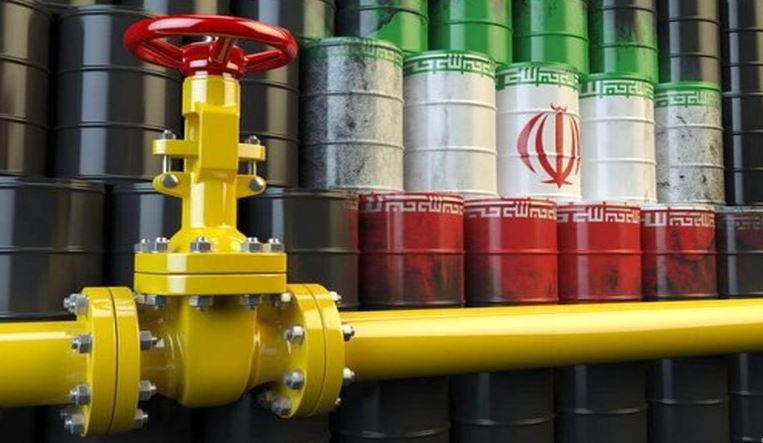Pakistan is currently grappling with a surge in inflation, and this has resulted in an increase in the import of Iranian oil. The demand for cheaper fuel options has led to a decline in sales for local refineries, with the second quarter of 2023 expected to see a further drop in sales. The popularity of Iranian oil has had a negative impact on locally refined oil, which is already facing a reduction in demand due to a slowing economy and people turning to public transport due to increasing costs.
The decline in oil sales has been significant, with reports indicating that sales dropped by 46% year-on-year in April, equating to a reduction of about 8.8 million barrels. Additionally, fuel consumption plunged by 83%, reaching just 70,000 metric tons. This decline can be attributed to several factors, including a weakening rupee, a shortage of foreign exchange reserves, and soaring inflation.
Small traders and individuals with a business network in Iran have been prompted to purchase Iranian oil at heavily discounted rates due to these factors. This significant price difference between Pakistani and Iranian barrels has led to decent profits for private dealers. It is estimated that between 35,000-60,000 barrels per day of diesel could have flowed into the domestic market through southern sea and land transportation routes under the radar in recent months.
Importing Iranian oil has been prohibited in Pakistan since 2013 when the United States imposed sanctions on the neighboring country’s petroleum and petrochemical trade. Despite this, refinery sources and analysts at Insight Securities have indicated that authorities are turning a blind eye to the imports amid declining foreign reserves. Private dealers have been offering smuggled Iranian products to oil marketing companies at discounted rates, minus a petroleum development levy.
The import of Iranian oil has had a significant impact on local refiners’ sales, causing losses of billions of dollars for the government. The government relies heavily on the GST and petroleum development levy from fuel sales to generate revenue. The Attock Refinery executive has warned that the smuggling of Iranian oil has never been on this huge and unparalleled scale, and if it continues, local refineries are at risk of shutting down. It is vital for the government to take action to address this growing problem by either increasing foreign reserves or finding alternative sources of affordable fuel to protect the economy and the livelihoods of its citizens.

